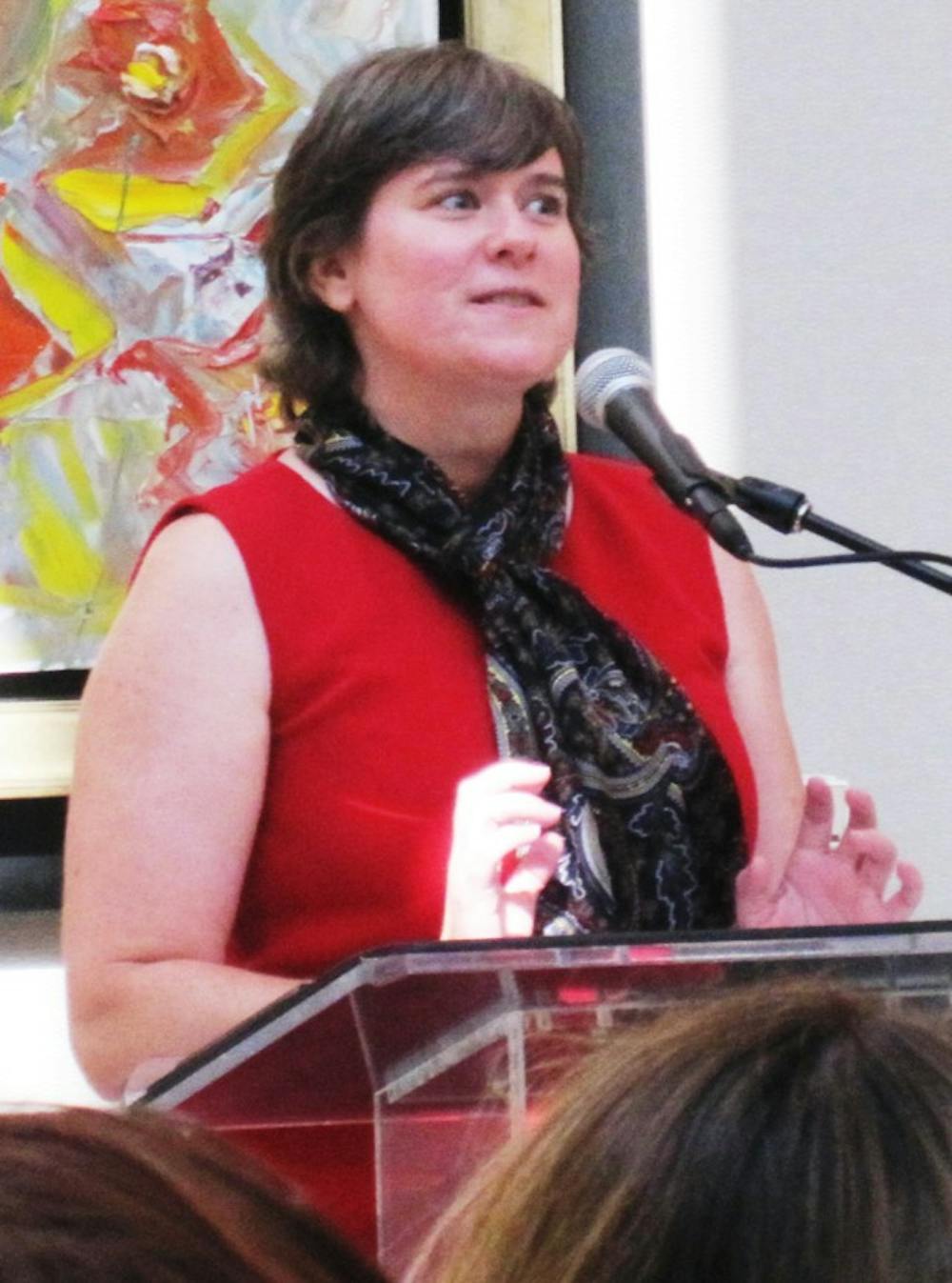In the months after the birth of her daughter, Raleigh resident Kerri Hall slipped into a deep and debilitating depression.
“I was psychotic,” Hall said to the hushed crowd gathered at UNC Hospitals Thursday to celebrate the opening of UNC’s inpatient perinatal psychiatry unit.
“If I had gotten the kind of dedicated and specialized care that these women are getting today, life would have been very, very different for me,” Hall said.
One in 10 women suffer from postpartum depression following childbirth.
In some cases, the depression can become so severe that new mothers have thoughts of harming themselves or their babies.
“Think of it as an intensive care unit for women severely affected by depression,” said Dr. Samantha Meltzer-Brody, director of the facility.
She said she hopes women like Hall will be referred to the unit.
The inpatient wing can hold up to five patients and will offer a range of intensive sessions from mother-infant attachment therapy to therapy aimed at addressing the partner’s role in helping to conquer depression.
The unit is the nation’s first free-standing perinatal psychiatry center.



